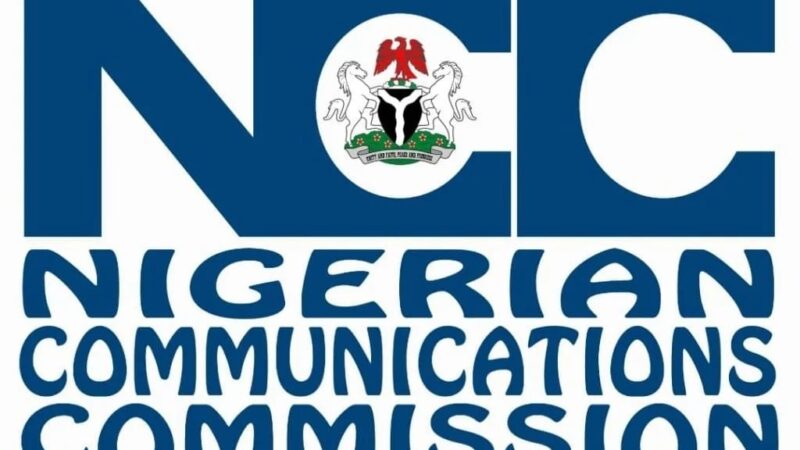NAFDAC strike worsens pharma manufacturers’ struggles
 The ongoing strike by workers of the National Agency for Food and Drug Administration and Control has increased the challenges faced by pharmaceutical manufacturers, who cannot clear goods at ports.
The ongoing strike by workers of the National Agency for Food and Drug Administration and Control has increased the challenges faced by pharmaceutical manufacturers, who cannot clear goods at ports.
The PUNCH gathered that the crisis could further strain the country’s healthcare system, as concerns grow over the potential influx of substandard drugs.
The Chairman of the Pharmaceutical Manufacturers Group of the Manufacturers Association of Nigeria, Oluwatosin Jolayemi, highlighted the adverse impact of the strike, stating, “So far, we have not seen any major delays except for those clearing goods at the ports. But if they can’t get NAFDAC approval, they won’t be able to clear their goods.”
On October 7, NAFDAC workers under the Senior Staff Association of Statutory Corporations and Government-Owned Companies began an indefinite strike.
The industrial action by the SSASCGOC is due to unresolved staff welfare issues with key demands, including a call to revise the results of the 2024 promotion exams (with a pass rate currently at 35 per cent), filling vacant director positions, reforming promotion exam processes, creating a psychology officer cadre, and settling unpaid salary arrears for staff recruited in 2022.
However, Jolayemi stressed that the pharmaceutical manufacturers’ challenges had extended beyond the NAFDAC strike.
“The real issue here is not just NAFDAC,” he said. “Manufacturers can’t even pay duties at the ports because of bank-related challenges. Even if NAFDAC resolves its issues, we still face the larger problem of being unable to pay duties.”
The PMG-MAN chairman pointed out that the inability to clear goods at the ports impacted all manufacturers, not just those in pharmaceuticals.
“Whether you are a pharmaceutical, leather, or soft drink manufacturer, you are directly or indirectly affected by the NAFDAC strike,” he added.
The strike also poses serious health risks, according to pharmacists and industry stakeholders.
A former President of the Pharmaceutical Society of Nigeria, Olumide Akintayo, raised concerns about how the strike could cause a disruption that might lead to the influx of substandard medicines into the country.
“When NAFDAC is on strike, the regulatory processes for drugs, food, and medical devices are slowed down, if not entirely jeopardized. Drug samples that should be analysed in laboratories face delays, and without NAFDAC presence at the ports, we cannot have proper documentation,” Akintayo explained.
He warned that the situation could worsen if NAFDAC management and its workers do not swiftly resolve their disagreement.
He noted, “This strike creates an opportunity for substandard drugs to enter the market. Some personnel who should oversee the process are affected by the strike, and this puts the public at risk.







